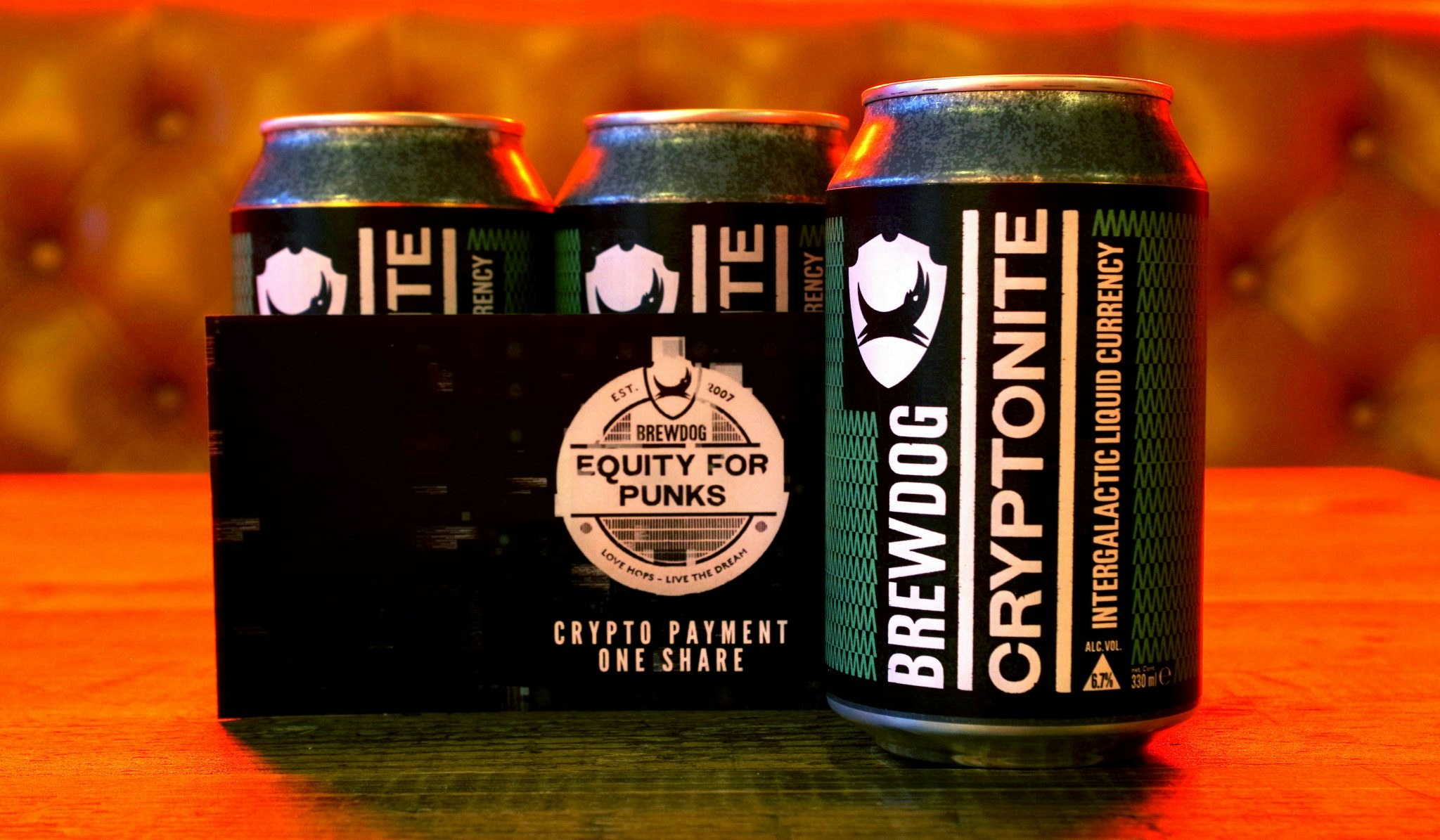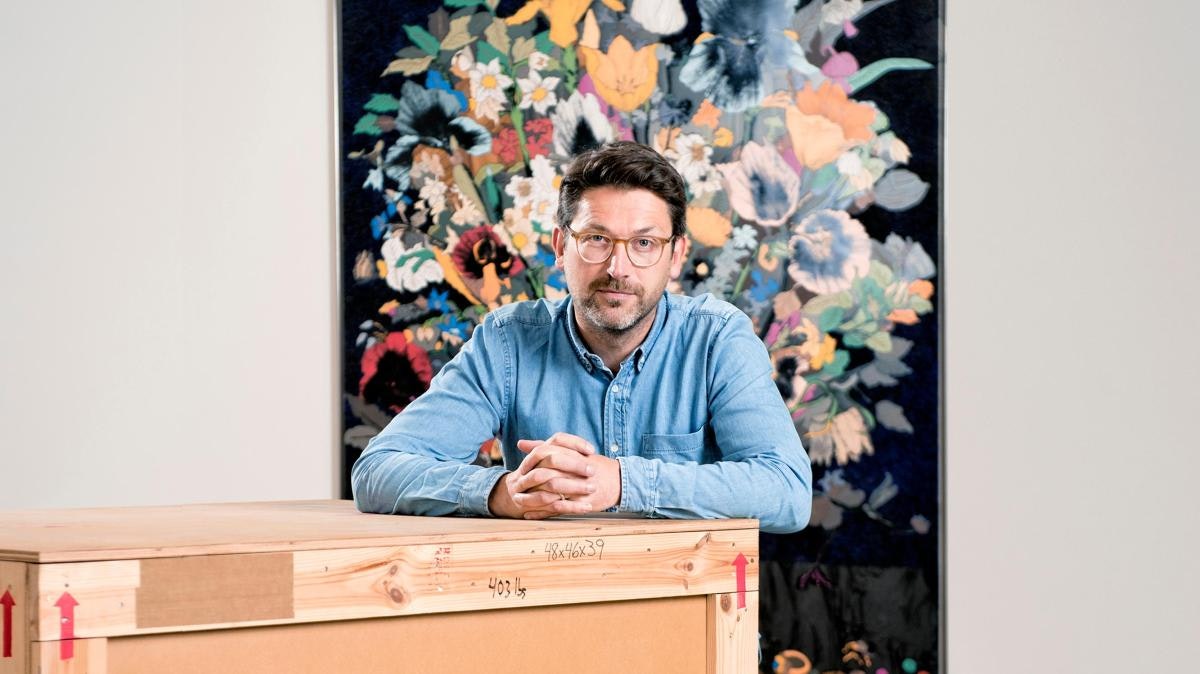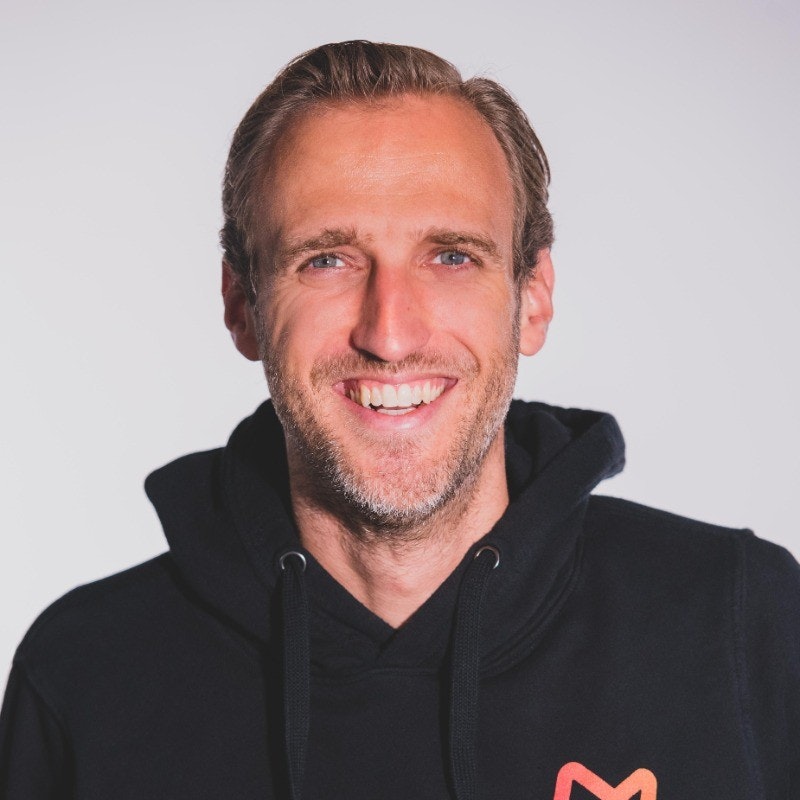After recording the slowest year in a decade in 2020, the market for tech floats in Europe is again showing signs of life. And with many of Europe’s tech successes raising record growth rounds in recent months, there has never been a bigger stable of IPO-potential European tech companies.
Sifted put together a list of 11 European tech companies that are likely to list before the end of 2021, as well as the investors and founders who be taking home big paychecks.
The analysis is based on statements from the companies, financial metrics and government filings. More detailed methodology is below, and please comment if we’ve missed anyone.

BrewDog
Founded: 2007
Sector: Beverage
HQ: Ellon, Scotland
Revenue: €238m (2020)
Likely listing in: UK
Who gets rich: The company’s founders — James Watt and Marvin Dickie — would stand to profit immensely from a public offering. Together, they own nearly half of the company, according to public filings. The company hired a new CFO, Niall McCallum, in October 2020 — a sign that it’s looking into a public listing.
Cabify
Founded: 2011
Sector: Mobility
HQ: Spain
Revenue: $104m (2019)
Who gets rich: Japanese commerce and retail giant Rakuten owns 40% of the company’s shares.
The Spanish ridesharing company is one of Spain’s two unicorns and made its most obvious sign that it was moving towards an IPO when it appointed a new CFO in April. Antonio España already has one IPO under his belt; he steered security company Prosegur to listing one of its units in 2017.
The company has also not raised since 2018, when it raised $160m from investors including Rakuten, Endeavor Catalyst, TheVentureCity, GAT Investments and Liil Ventures. That means it will likely be looking for fresh funding soon and could tap public markets.

Checkout.com
Founded: 2012
Sector: Fintech — payments
HQ: UK
Revenue: $146m (2019)
Who gets rich: CEO Guillaume Pousaz would see a big payout from a listing. The company has not made the breakdown of equity holdings public, but Pousaz owns more than 25% of the company (he is registered as a person with “significant control” in the UK). The company just counts one European investors, so an IPO would give a big payday to US investors. Investors include Blossom Capital, Insight Partners, Coatue Management, Digital Sky Technologies, Endeavour Catalyst, Greenoaks Capital Management, Tiger Global Management and the Government of Singapore Investment Corporation.
Europe’s second most valuable fintech is profitable, but has raised hundreds of millions in VC cash over the past few years to finance its aggressive international expansion. Pousaz has said he’ll list in the US when the company goes public. The most recent fundraising valued the company at $15bn. Investors are likely hoping for a repeat of fintech Adyen, which listed in 2018 and currently has a market cap of €57bn ($70bn).
GitLab
Founded: 2011
Sector: Software
HQ: Ukraine
Revenue: $150m ARR (2020)
Likely listing in: US (direct listing)
Who gets rich: Y Combinator, investors. The company participated in the well-known US startup accelerator in 2015 and has since received funding from a long list of US investors.
DevOps company GitLab has been explicit about its intentions to list, and even previously published a target IPO date on its website: November 18 2020. The pandemic scuppered that timeline, but the company has confirmed it’s still looking to list after being valued in private markets at $6bn.
The Github competitor has said it will likely pursue a direct listing. A direct listing simply helps existing shareholders cash out, rather than helping it raise new cash and diluting existing shareholders at a discount. The rise in the importance of DevOps will continue to be a tailwind to this all-remote unicorn.
Made
Founded: 2010
Sector: Retail (furniture)
HQ: London, UK
Revenue: £247.3m (2020)
Listing in: UK
Who gets rich: The company hasn’t published share ownership so it’s hard to know how investors and the four founders (Ning Li, Brent Hoberman, Julien Callede and Chloe Macintosh) will fare, but the furniture retailer Made.com said in May that it is planning to go public shortly.

N26
Founded: 2015
Sector: Fintech
HQ: Berlin, Germany
Revenue: €100m (2019)
Likely listing in: Germany
Who gets rich: Ian Osborne and Peter Thiel. Osbourne’s investment firm Hedosophia is the largest investor in N26 with 15% of the company, closely followed by Thiel’s VC Valar Ventures, and Earlybird.
In January, the neobank hired Dr. Jan Kemper, known for leading Zalando through an IPO, as CFO — a possible sign that the firm is preparing for an IPO soon. In March, the company applied for a Financial Holding Company license as it “takes proactive steps towards a public listing in the future”. The license would make the firm the first fully regulated fintech in Germany.
OVHcloud
Founded: 1999
Sector: Cloud
HQ: Roubaix, France
Listing in: France
Who gets rich: The biggest winners in the transaction would be founder Octave Klaba and his family, who own 80% of the company’s shares.
The French competitor to Amazon Web Services has said that it’s preparing to go public this year in Paris. The company is Europe’s biggest cloud computing service provider, and French politicians have been eager to position it as an alternative to US competitors in light of concerns about US dominance in the space.
Trustly
Founded: 2008
Sector: Fintech —payments
HQ: Stockholm
Revenue: SEK 2bn (2020)
Listing in: Stockholm
Who gets rich: Private equity investors. Nordic Capital is a majority shareholder after purchasing a 70% stake in the company in 2018.
Trustly had to scrap a plan to list in the second quarter of 2021 after facing questions from the Swedish Financial Supervisory Authority. The company has said there is no timeline for the listing currently.

WeTransfer
Founded: 2009
Sector: File sharing
HQ: Amsterdam
Revenue: €44m (2019)
Likely listing in: Amsterdam
Who gets rich: The biggest winner in a WeTransfer listing wouldn’t be the founders, but investors. Highland Capital Partners Europe, the investor that led the company’s series A in 2015, is the largest shareholder and owns 57.6% of the company, according to WeTransfer’s website. The two other largest investors are the STAK (19%), and HPE Growth (13.5%), which led the firm’s Series B round.
Reuters reported earlier this year that the file sharing company had hired banks to help it list in April or May in Amsterdam.
Wise
Founded: 2010
Sector: Fintech
HQ: London/Estonia
Revenue: £302m (2019-2020); 80% growth
Likely listing in: UK
Who gets rich: Investors and employees. As we’ve reported previously, the biggest winners in a Wise IPO would be Peter Thiel’s Valar Ventures, which owns a 12.98% stake and led the Series A in 2013. Cofounders Taavet Hinrikus and Kristo Kaarmann — who own 13.75% and 20.15% , respectively — would also walk away with big paydays.
The fintech giant is reportedly planning a London IPO for this year with a $6-7bn valuation, making it potentially one of the region’s largest IPOs in 2021. The company is one of Europe’s few profitable unicorns. It’s also made sure that its financial success is also shared by many of the employees; the company raised funding in a secondary sale last year, helping early investors and employees lock in returns even ahead of an IPO. The company has minted over 150 millionaires, many of whom have gone on to invest in other European tech companies.
WorldRemit
Founded: 2009
Sector: Fintech — payments
HQ: London
Revenue: £122m (2019)
Likely listing in: US
Who gets rich: Investors and the founder. According to data from Beauhurst, the largest shareholder is Accel with 21.3%, who invested four times through Series A to Series D from 2014 to 2019. Other major shareholders include early Facebook investors TCV with 6.14% or €76.8m, and WorldRemit’s cofounder Ismail Ahmed, with 11% and a €137m payday on the way.
Media outlets reported earlier this year that the payments company was considering a listing in the US via a SPAC, which would be a blow to London’s efforts to be the listing city of choice for European tech successes. The company also added Spotify’s CFO, Paul Vogel, to its board in 2020, likely to tap him for some listing knowledge.
Methodology
Sifted relied on interviews with local analysts, VCs, and press cuttings to craft our shortlist of likely IPOs, as well as using the following benchmarks:
- Over $50m in annual recurring revenue (ARR), and growing at an annual rate of 30-50%
- Large scale and expensive operations (often having attained unicorn status in 2018 or before)
- Making changes around CEO, chairman and CFO (ideally ones with exit experience)
- Raised £100m+ across a maximum of five fundraising rounds
- Clear path to profitability
We also limited it to companies listing on main exchanges rather than alternative markets, where smaller startups can sell their stock.



